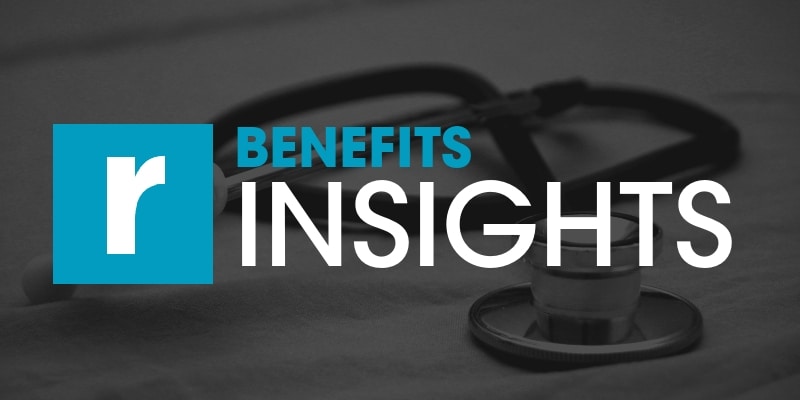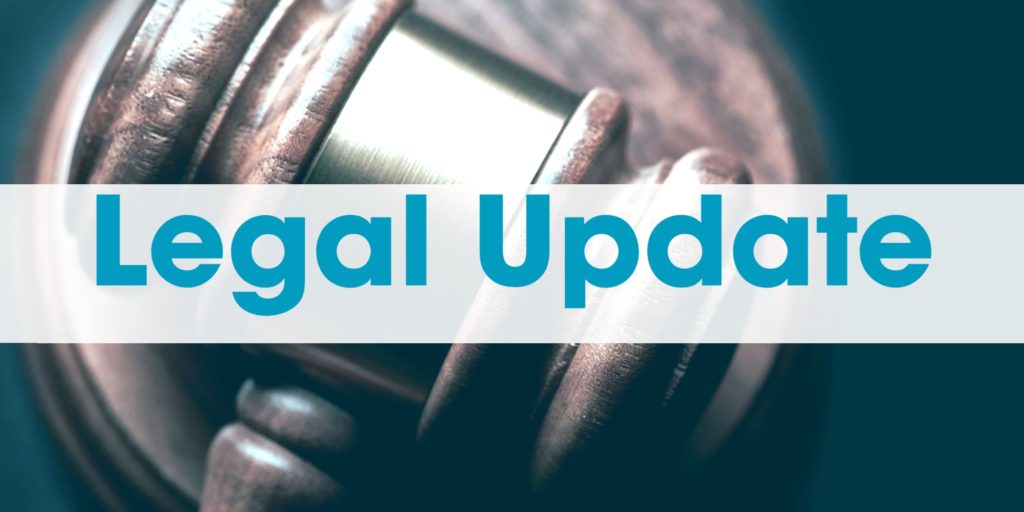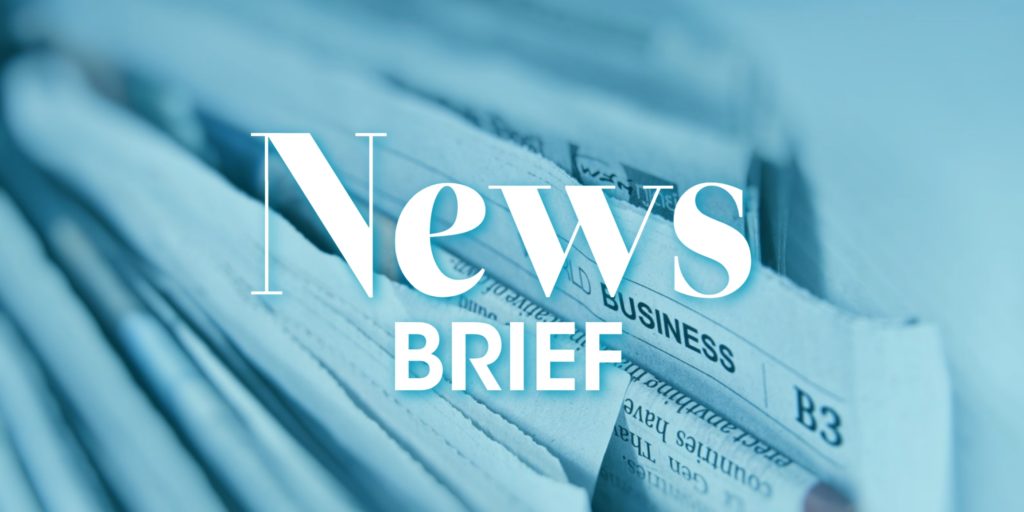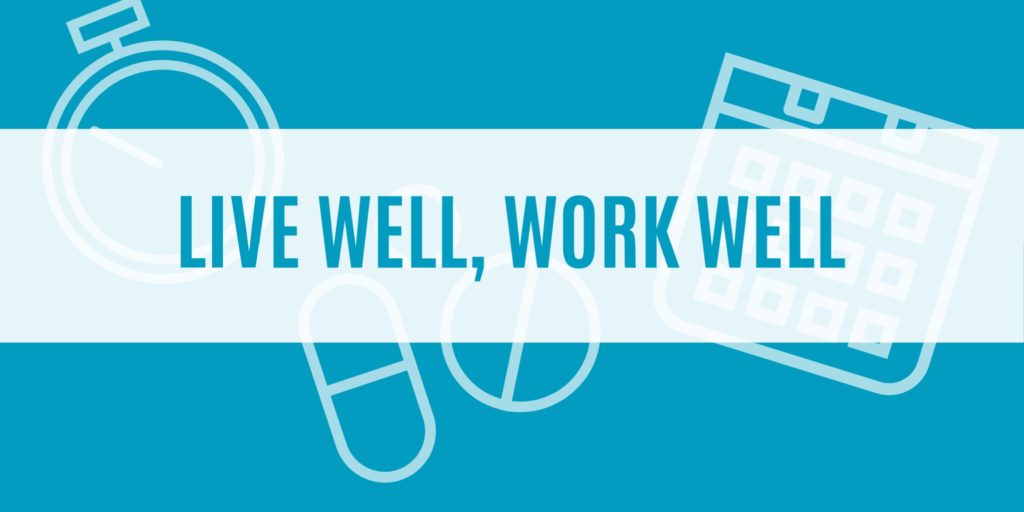08 Sep Open Enrollment 2021—Benefit Notices
 Employers that sponsor group health plans should provide certain benefit notices in connection with their plans’ open enrollment periods. Some of these notices must be provided at open enrollment time, such as the summary of benefits and coverage (SBC).
Other notices, such as the Women’s Health and Cancer Rights Act (WHCRA) notice, must be distributed annually. Although these annual notices may be provided at different times throughout the year, employers often choose to include them in their open enrollment materials for administrative convenience.
Employers that sponsor group health plans should provide certain benefit notices in connection with their plans’ open enrollment periods. Some of these notices must be provided at open enrollment time, such as the summary of benefits and coverage (SBC).
Other notices, such as the Women’s Health and Cancer Rights Act (WHCRA) notice, must be distributed annually. Although these annual notices may be provided at different times throughout the year, employers often choose to include them in their open enrollment materials for administrative convenience.
02 Sep 5 Strategies for Reducing Health Benefits Costs in 2021
 Health benefits costs are almost certainly going to rise in 2021. They’ve been trending upward for years—over 50% in the last decade, according to the Kaiser Family Foundation— and the current state of economic uncertainty over COVID-19 won’t slow things down.
Health benefits costs are almost certainly going to rise in 2021. They’ve been trending upward for years—over 50% in the last decade, according to the Kaiser Family Foundation— and the current state of economic uncertainty over COVID-19 won’t slow things down.
Realistically, after enduring months of business closures and managing exhausted workforces, many employers will be lucky to maintain uninterrupted operations.
That’s why it’s critical for employers to think about reducing health costs right now—figure out cost-effective benefits first so money can be shuffled as needed later. Having a solid plan going into 2021 will better position organizations facing limited budgets.
02 Sep ACA Pay or Play Penalties Will Increase for 2021
 The Affordable Care Act (ACA) requires applicable large employers (ALEs) to offer affordable, minimum value health coverage to their full-time employees or pay a penalty. This employer mandate provision is also known as the “employer shared responsibility” or “pay or play” rules.
The Affordable Care Act (ACA) requires applicable large employers (ALEs) to offer affordable, minimum value health coverage to their full-time employees or pay a penalty. This employer mandate provision is also known as the “employer shared responsibility” or “pay or play” rules.
On Aug. 19, 2020, the Internal Revenue Service (IRS) updated its frequently asked questions (FAQs) on the pay or play penalties to include increased penalty amounts for the 2021 calendar year.
26 Aug Supreme Court to Hear Challenge to the ACA After Election Day



 Live Well, Work Well - September 2020
Live Well, Work Well - September 2020